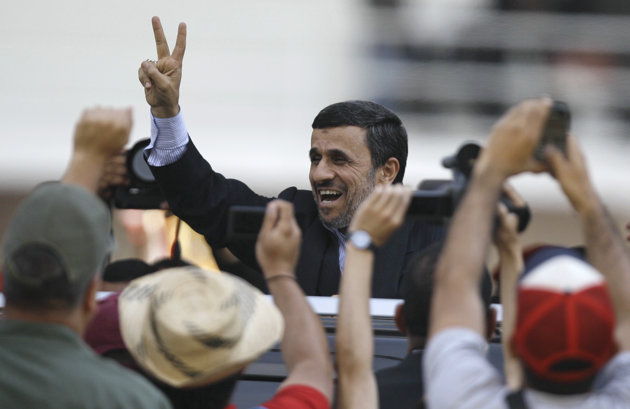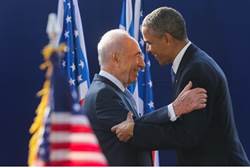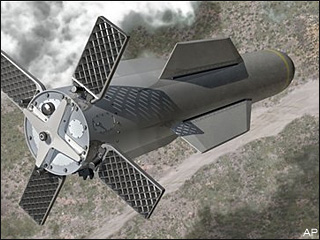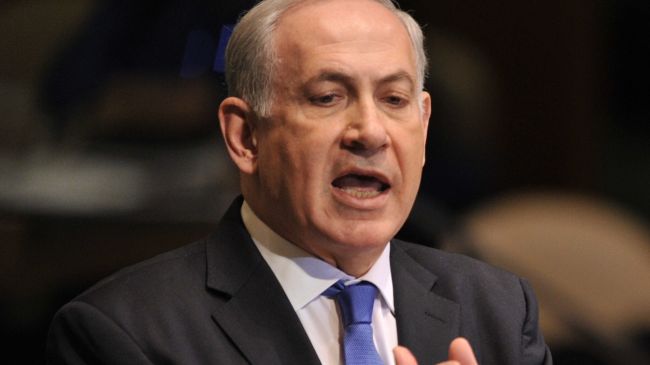Well, looks like so far that “me tel u” was right after all
http://quakes.globalincidentmap.com/
Iran, Papua New Guinea And Oklahoma Earthquakes 2013: Multiple Quakes Shake The World
Earthquakes shook widely separated parts of the world Tuesday.
A 6.6 magnitude earthquake hit Papua New Guinea Tuesday night, with the state of Oklahoma experiencing unprecedented seismic action for the area during the same period, according to the United States Geological Survey. Iran also felt a 7.8 quake that injured many people on Tuesday, the USGS said.
A tsunami warning has not been issued for Papua New Guinea, where residents are used to quakes due to their close proximity to the Pacific “Ring of Fire.” There have yet to be any reports of injuries or fatalities as a result of the quake.
http://www.ibtimes.com/iran-papua-new-guinea-oklahoma-earthquakes-2013-multiple-quakes-shake-world-1197259
Series of earthquakes shakes Oklahoma
By Marian Smith, Staff Writer, NBC News
A magnitude-4.3 earthquake shook Oklahoma early Tuesday, the United States Geological Survey reported.
The quake struck at 12:56 a.m. local time (1:56 a.m. ET) around 30 miles northeast of Oklahoma City. It was measured at a depth of 3.1 miles, the USGS said.
A small earthquake of magnitude 3.0 preceded the temblor, and two small tremors with magnitudes of 2.8 and 3.3 rattled nearby within 20 minutes of the initial quake.
http://usnews.nbcnews.com/_news/2013/04/16/17773446-series-of-earthquakes-shakes-oklahoma?lite
Yes, very unusual, as per USGS since yesterday we had 9 earthquakes 5.0+
5.1 19km SW of Yuhu, China 2013-04-17 01:46:02 26.004°N 99.830°E 55.0
6.6 23km ESE of Aitape, Papua New Guinea 2013-04-16 22:55:27 3.218°S 142.543°E 13.0
5.0 87km SE of Muara Siberut, Indonesia 2013-04-16 18:22:29 2.192°S 99.729°E 27.8
5.2 72km S of Kotaagung, Indonesia 2013-04-16 11:26:06 6.140°S 104.734°E 52.9
7.8 83km E of Khash, Iran 2013-04-16 10:44:20 28.107°N 62.053°E 82.0
5.6 125km WSW of Panguna, Papua New Guinea 2013-04-16 10:00:24 6.652°S 154.405°E 10.0
5.0 125km SSW of Lata, Solomon Islands 2013-04-16 09:05:28 11.702°S 165.254°E 10.0
5.3 52km SSW of Motuo, China 2013-04-16 08:34:12 28.874°N 95.115°E 31.7
5.0 32km SSE of Tondano, Indonesia 2013-04-16 03:48:44 1.048°N 125.059°E 87.0
Just to quote thou, Feb 8/9/10 were also very active days. Feb-8 we had this:
5.5 103km ESE of Lata, Solomon Islands
5.0 22km SSW of Lata, Solomon Islands
5.0 23km SSE of Lata, Solomon Islands
5.2 26km SSE of Lata, Solomon Islands
5.1 29km SE of Lata, Solomon Islands
5.3 14km E of Lata, Solomon Islands
5.7 77km ESE of Lata, Solomon Islands
5.8 77km W of Panguna, Papua New Guinea
5.1 46km WSW of Lata, Solomon Islands
7.1 31km SE of Lata, Solomon Islands
5.2 29km S of Lata, Solomon Islands
5.2 27km S of Lata, Solomon Islands
5.3 43km S of Lata, Solomon Islands
5.1 32km SSE of Lata, Solomon Islands
5.0 24km SE of Lata, Solomon Islands
5.0 23km SSE of Lata, Solomon Islands
5.1 25km SSE of Lata, Solomon Islands
6.8 21km SSE of Lata, Solomon Islands
5.5 121km W of Lata, Solomon Islands
5.2 34km SSW of Lata, Solomon Islands
5.5 35km S of Lata, Solomon Islands
Solomon Islands were shaking like jelly in a roller-coaster cart that day. The next day it wasn’t so different:
5.2 14km SSE of Lata, Solomon Islands
5.5 22km SSE of Lata, Solomon Islands
5.1 30km SSW of Lata, Solomon Islands
5.3 30km S of Lata, Solomon Islands
6.6 25km S of Lata, Solomon Islands
5.2 15km S of Lata, Solomon Islands
5.0 110km SSW of Lata, Solomon Islands
6.9 2km N of Yacuanquer, Colombia
5.0 39km SSW of Lata, Solomon Islands
5.1 130km S of Lata, Solomon Islands
5.4 60km SSW of Lata, Solomon Islands
5.0 152km SSW of Lata, Solomon Islands
5.5 23km SE of Lata, Solomon Islands
5.0 26km SE of Iwaki, Japan
Not so significant, but just now a 4.4 in Japan:
http://earthquake.usgs.gov/earthquakes/eventpage/usb000g8qq#summary
Today’s quakes so far(7:55 am):
Mag. Location
5.7 107km E of Khash, Iran
5.6 25km WSW of Miura, Japan
5.6 209km W of Abepura, Indonesia
5.1 8km NNW of Linao, Philippines
5.1 19km SW of Yuhu, China
5.0 47km NNE of Yonakuni, Japan
4.9 42km N of Yonakuni, Japan
4.9 55km NNE of Yonakuni, Japan
4.9 47km NNE of Yonakuni, Japan
4.8 116km E of Khash, Iran
4.7 26km WSW of Darapidap, Philippines
4.7 42km N of Yonakuni, Japan
4.7 39km NNE of Yonakuni, Japan
4.7 57km NE of Yonakuni, Japan
4.7 59km NE of Yonakuni, Japan
4.6 56km NE of Yonakuni, Japan
4.6 West Chile Rise
4.5 62km ENE of Yonakuni, Japan
4.4 57km NE of Yonakuni, Japan
4.4 82km SSE of Shimoda, Japan
4.2 12km NNE of Ishigaki, Japan
4.1 9km SW of Alberto Oviedo Mota, Mexico
3.2 5km ESE of Luther, Oklahoma
2.7 68km WSW of Middleton Island, Alaska
2.6 67km WSW of Cordova, Alaska
2.5 51km SSE of Lone Pine, California
Well, that’s all I see in official USGS site. There are some more, I’ll post as soon as they have increased in number.
Read more at http://investmentwatchblog.com/china-japan-oklahoma-mexico-iran-philippines-indonesia-chile-earthquakes-worldwide/#CFHvYWFkbKffScub.99

 The leading US negotiator in nuclear diplomacy with Iran has asked US politicians to pause any new sanctions against Tehran. Meanwhile Iranian lawmakers seem adamant to protect the “inalienable right” for nuclear research during the next P5+1 talks.
The leading US negotiator in nuclear diplomacy with Iran has asked US politicians to pause any new sanctions against Tehran. Meanwhile Iranian lawmakers seem adamant to protect the “inalienable right” for nuclear research during the next P5+1 talks.
 The resolution, Senate Resolution 65,
The resolution, Senate Resolution 65, 

 (israelnationalnews.com) President Shimon Peres said that he believes that U.S. President Barack Obama will attack Iran’s nuclear facilities if diplomatic efforts fail.
(israelnationalnews.com) President Shimon Peres said that he believes that U.S. President Barack Obama will attack Iran’s nuclear facilities if diplomatic efforts fail. Speaking at the
Speaking at the  Tests of the 30,000-pound (13,600-kilogram) Massive Ordnance Penetrator made by
Tests of the 30,000-pound (13,600-kilogram) Massive Ordnance Penetrator made by 
